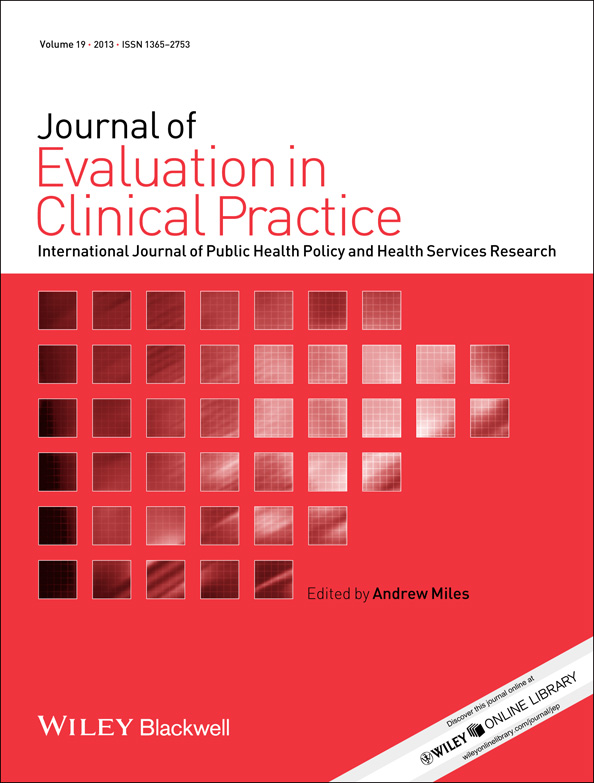Study protocol for a pilot study to explore the determinants of knowledge use in a medical education context
Abstract
Rationale, aims and objectives While the science of knowledge translation (KT) has been growing steadily for the past decade in relation to understanding processes and actions which are embedded within clinical practice settings, little is known about how empirical knowledge is used within the medical education system. Despite an increase of research in this domain, we know very little about the contribution of this evidence in the development of medical students into effective physicians. This pilot study aims to: provide a synthesis of the evidence for educational strategies within medical education; explore the perceptions and experiences of faculty in undergraduate (UG) medical education in relation to their use of evidence in their educational practices; and illuminate how medical education evidence is formally integrated into a UG medical curriculum.
Method The study will involve three phases. First, a scoping review of the medical education research literature will be undertaken to generate insight into the evidence available for curriculum development, teaching and assessment activities within this domain. Second, a content analysis of undergraduate courses at the University of Toronto will be undertaken to generate an additional insight into the extent that medical education research has been formally integrated into the UG curriculum for medical students at the University. Finally, a purposeful sample of 30–40 medical education leaders from a single large university, selected as it aims to deliver a rigorous research-oriented medical curriculum, will be interviewed to understand how they use the available evidence in their education practices.
Discussion This study will lay the grounds to generate initial data into the determinants of knowledge use in a medical education context. In doing so, the findings will also inform the development of a larger, pan-Canadian study at medical schools that will generate a comprehensive account of the processes and challenges related to KT within an educational context. This larger study will also begin to explore the relevance of the Knowledge-to-Action model to a medical education context.




